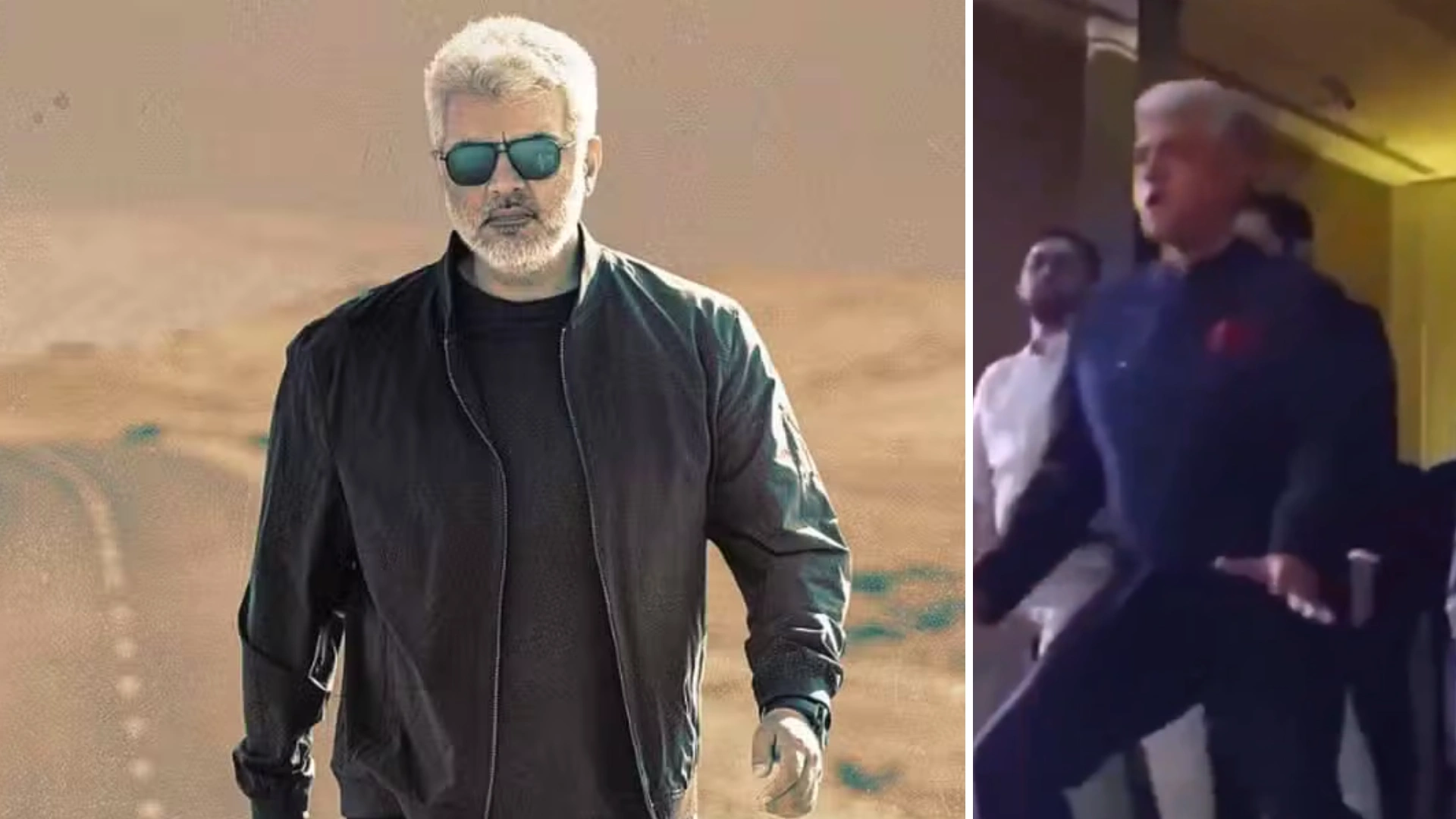Hezbollah has confirmed the death of its long-time leader, Hassan Nasrallah, following an airstrike on the group’s underground headquarters near Beirut. Israel claimed responsibility for the attack, stating it targeted the 64-year-old Nasrallah, which Hezbollah described as a “treacherous Zionist strike.” The group declared that he “has joined his fellow martyrs” and vowed to continue fighting in support of Palestine, raising fears of escalating regional conflict.
The strike, which occurred on Friday evening, flattened several residential buildings in southern Beirut. Since 2006, Nasrallah had rarely been seen in public, having led Hezbollah since 1992 after the assassination of his predecessor.
In response to the attack, Hezbollah emphasized its commitment to the struggle against Israel, pledging to defend Lebanon and support Gaza. Israeli Prime Minister Benjamin Netanyahu celebrated the operation, stating, “We settled the score with the one responsible for the murder of countless Israelis and many citizens of other countries.” He asserted that Nasrallah had posed a continuous threat to Israeli security.
The killing drew sharp criticism from various groups. Hamas condemned it as a “cowardly, terrorist act,” accusing Israel of attacking civilians and violating international norms. Palestinian President Mahmoud Abbas also denounced the act as “brutal Israeli aggression.”
MUST READ: Nepal Floods & Landslides: Death Toll Rises To 112, 68 Still Missing
Iranian leaders responded strongly, with President Masoud Pezeshkian claiming that Nasrallah’s death would only strengthen the resistance. Supreme Leader Ayatollah Ali Khamenei announced five days of mourning and called for a united Muslim front against Israel, emphasizing that Nasrallah’s legacy would inspire continued struggle.
Iraq’s Prime Minister Mohammed Shia al-Sudani called the attack “shameful” and declared a three-day mourning period. Turkish President Recep Tayyip Erdogan condemned Israel’s actions as part of a broader strategy of “genocide and occupation,” urging international bodies to intervene.
Yemen’s Houthi rebels stated that Nasrallah’s martyrdom would increase their determination to confront Israel. Prominent Iraqi Shia leader Muqtada al-Sadr also announced a period of mourning for Nasrallah.
International reactions varied, with left-wing French politician Jean-Luc Mélenchon warning that this assassination could lead to a wider conflict in Lebanon. Russia’s Ministry of Foreign Affairs condemned the killing, urging an end to hostilities in the region to prevent further escalation.
As the implications of Nasrallah’s death unfold, concerns about rising tensions in the Middle East grow, with various factions promising to continue the fight in his honor.
ALSO READ: Netanyahu: Israel Settled The Account With Nasrallah In Historic Strike
















